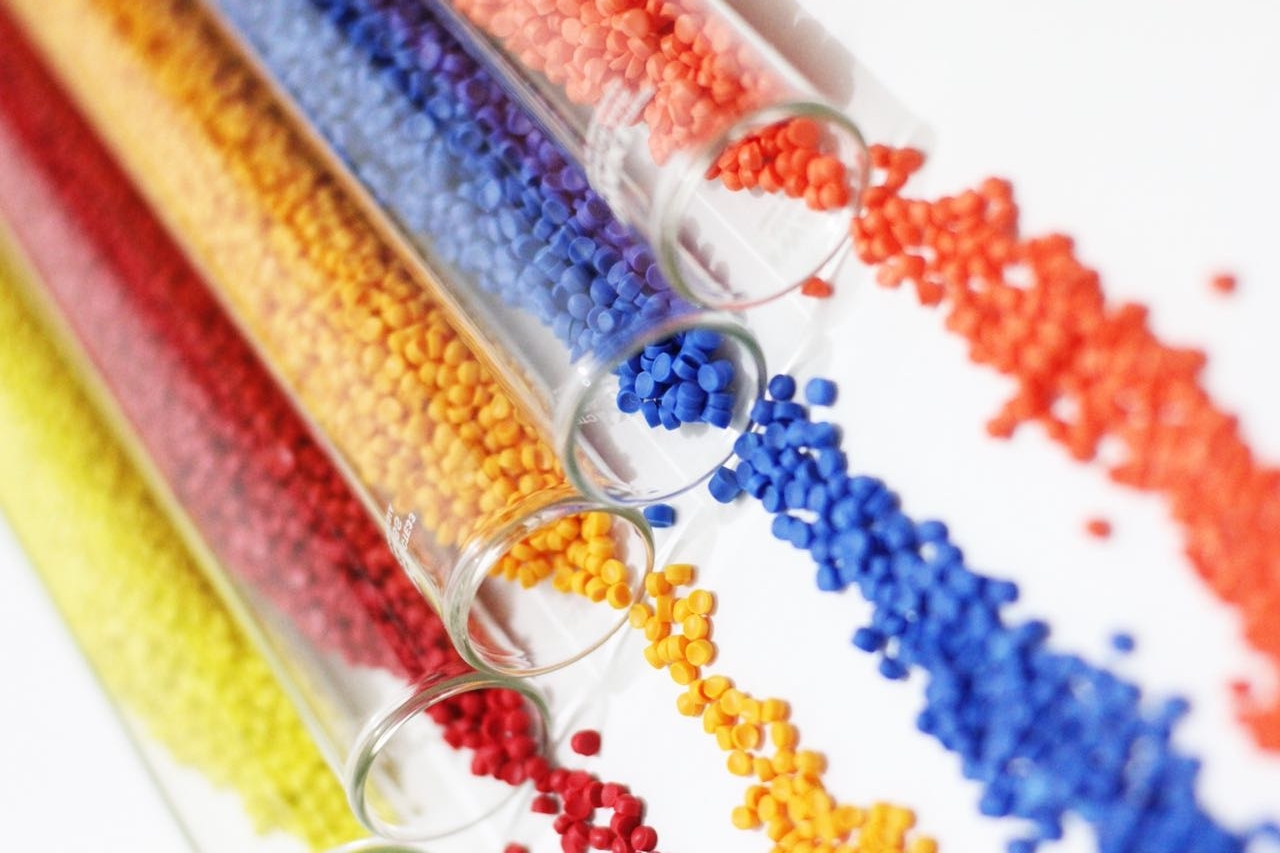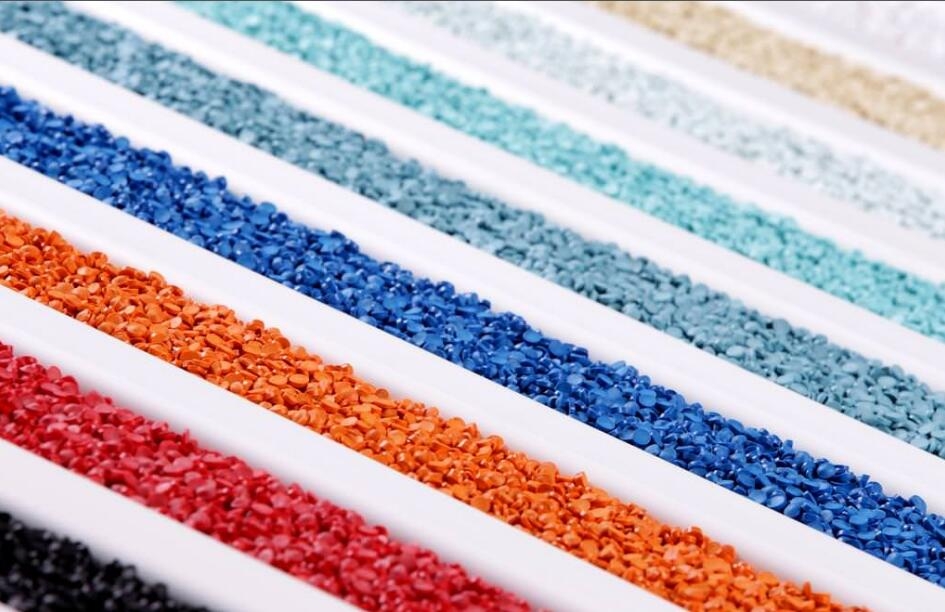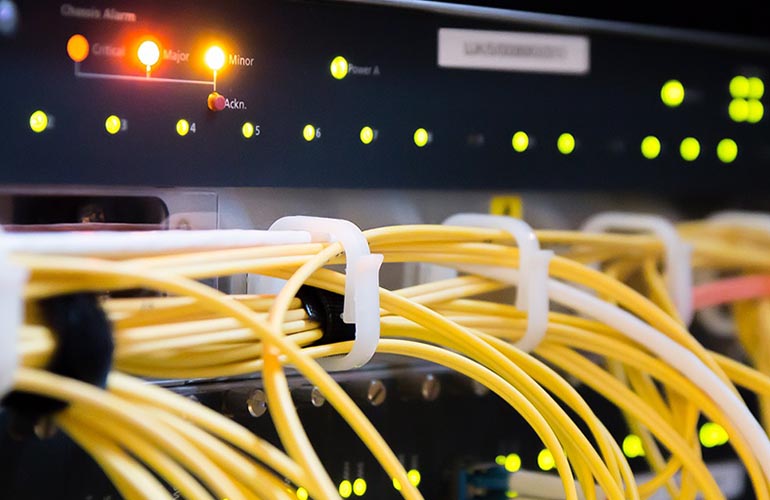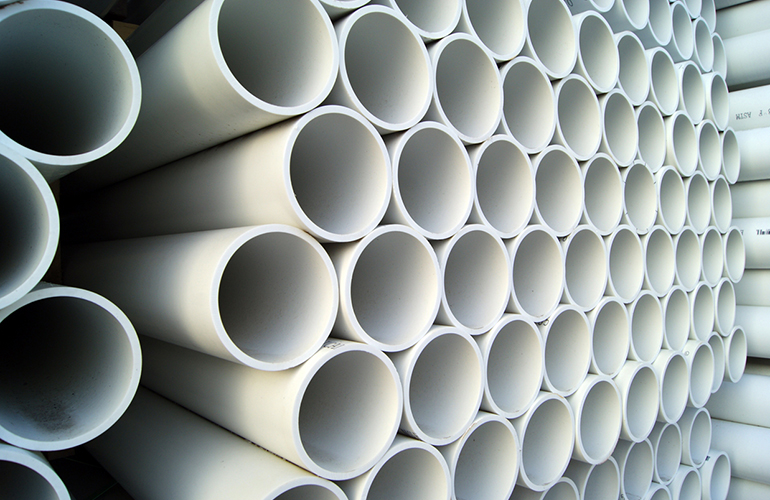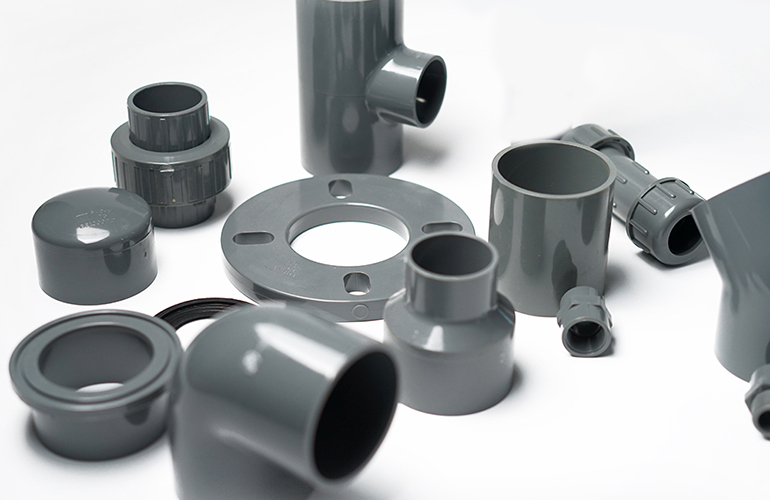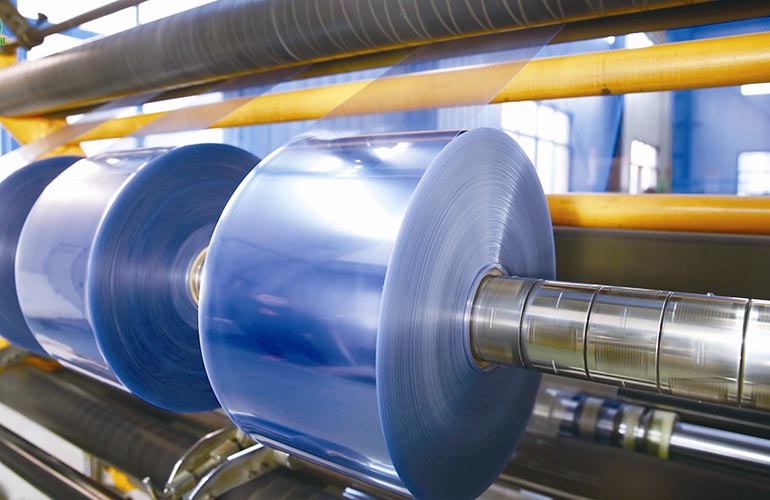Polyvinyl Chloride (PVC) is a synthesized thermoplastic polymer and the third most widely produced synthetic plastic. This material was first introduced to the market in 1872, and has a long history of success in many applications. PVC appears in a wide range, including in the footwear industry,cable industry, construction industry, healthcare industry, signs, and clothing.
The two most common forms of PVC are rigid unplasticized and flexible plasticized. The rigid form is an unplasticized polymer (RPVC or uPVC). Rigid PVC is commonly extruded as pipe or tubing for agriculture and construction. The flexible form is often used as a cover for electrical wires and other applications where a softer plastic tube is needed.
What Are the Characteristics of Polyvinyl Chloride (PVC)?
PVC is a popular and versatile material with many positive characteristics.
. Economical
. Durable
. Heat Resistant
. Customizable
. Various Density
. Electrical Insulator
. Wide Color Variety
. No Rot or Rust
. Fire Retardant
. Chemical Resistant
. Oil Resistant
. High Tensile Strength
. Modulus of Elasticity
What Are the Advantages of Polyvinyl Chloride?
* Readily Available and Inexpensive
* Very Dense and Hard
* Good Tensile Strength
* Resistant to Chemicals and Alkalis
Post time: Sep-01-2021

